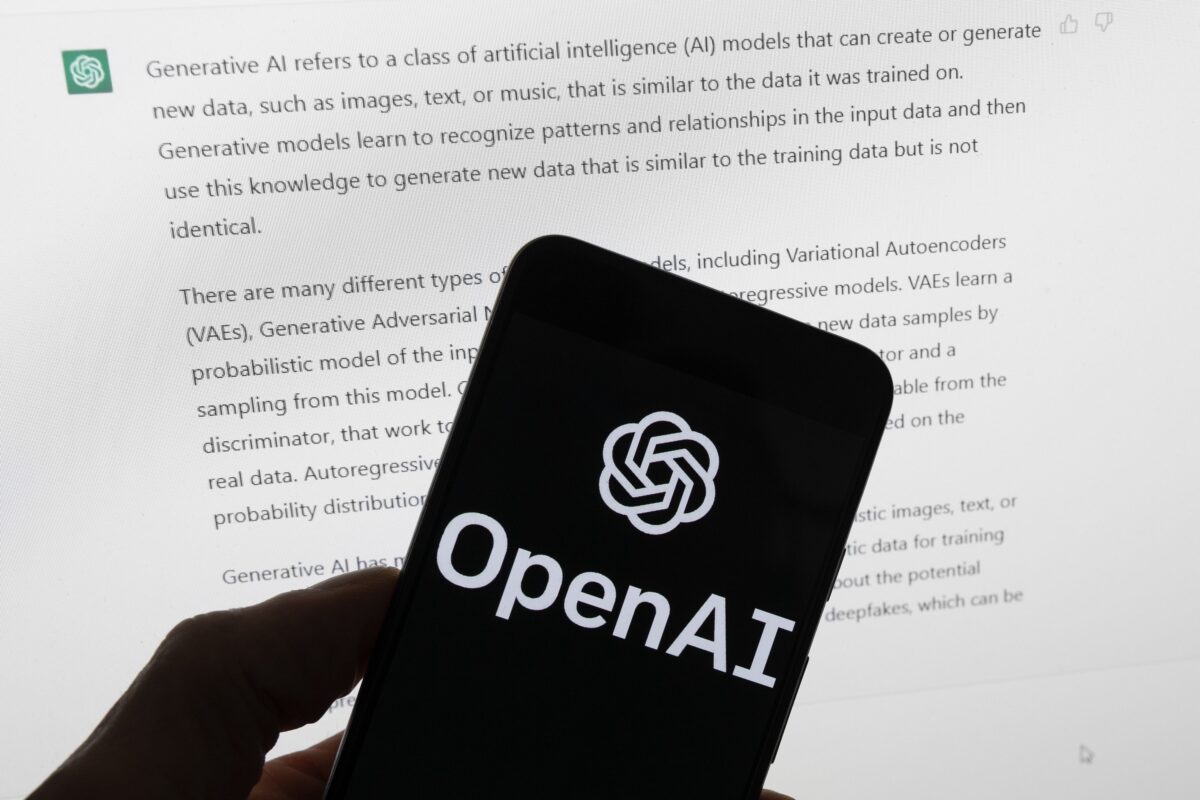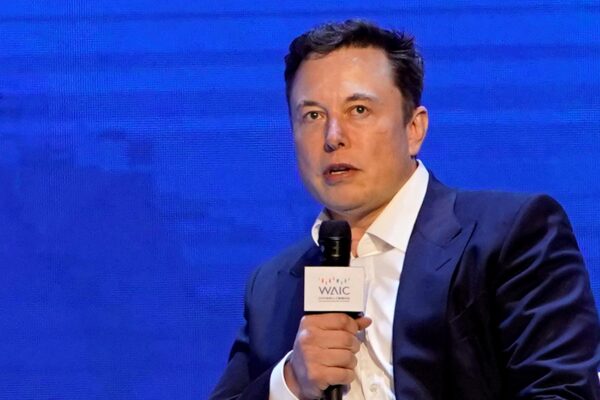Vice President Kamala Harris met with the CEOs of Alphabet, Anthropic, OpenAI, and Microsoft on May 4 to discuss the risks surrounding the use of artificial intelligence (AI) after the White House announced a $140 million investment in AI research institutes.
In a statement, Harris said she had discussed with the tech leaders the “ethical, moral, and legal responsibilities” they have to ensure the safety and security of their products.
“Advances in technology have always presented opportunities and risks, and generative AI is no different. AI is one of today’s most powerful technologies, with the potential to improve people’s lives and tackle some of society’s biggest challenges,” Harris said.
The vice president went on to state that the government and private companies need to work together to tackle challenges posed by advanced technology, such as state actors using the technology to “undermine democracy” and privacy breaches.
“Every company must comply with existing laws to protect the American people. I look forward to the follow-through and follow-up in the weeks to come,” Harris added.
The meeting came after the Biden administration announced a series of actions aimed at promoting responsible AI innovation in a way that protects Americans’ safety and rights, including a $140 million investment by the National Science Foundation to fund the launch of seven new national AI research and development institutions.

Tech Leaders Promise Public Evaluation
According to a White House fact sheet, the institutions will collaborate with officials from higher education, federal agencies, industry, and others to pursue “transformative AI advances that are ethical, trustworthy, responsible, and serve the public good.”
Additionally, the administration said leading AI developers, including Anthropic, Google, Hugging Face, Microsoft, NVIDIA, OpenAI, and Stability AI have vowed to take part in a public evaluation of AI systems at the AI Village at DEFCON 31 in Las Vegas, Nevada in August, to ensure they align with the practices outlined in the administration’s blueprint for an “AI Bill of Rights” and “AI Risk Management Framework.”
The administration unveiled its AI Bill of Rights blueprint last October, aimed at helping to guide the “design, development, and deployment of artificial intelligence.”
Elsewhere under the latest measures, the Office of Management and Budget is also set to release draft policy guidance on the use of AI systems by the federal government, which will be open to public comment, according to the fact sheet.
“This guidance will establish specific policies for federal departments and agencies to follow in order to ensure their development, procurement, and use of AI systems centers on safeguarding the American people’s rights and safety,” the White House said. “It will also empower agencies to responsibly leverage AI to advance their missions and strengthen their ability to equitably serve Americans—and serve as a model for state and local governments, businesses, and others to follow in their own procurement and use of AI.”

Experts Concerned Over AI Technology
The White House also noted that Biden is “actively working” to address the national security concerns posed by AI, in particular across key areas such as cybersecurity, biosecurity, and safety.
The latest measures come during ongoing scrutiny of AI amid a surge in its use, most notably OpenAI’s ChatGPT, which can generate human-like conversations and texts.
Experts including Elon Musk and Apple co-founder Steve Wozniak have called for a six-month pause to the training of systems more powerful than ChatGPT-4, the latest version of the chatbot, citing concerns over the potential risks to society.
On Monday, Geoffrey Hinton, the British computer scientist who has been dubbed the “Godfather of AI” resigned from his position as a vice president and engineering fellow at Google so that he could speak openly about the threats posed by AI.
Meanwhile, the World Economic Forum has warned that 14 million jobs could be lost by 2027 owing to the increasingly widespread use of AI in businesses, although the organization noted that ongoing economic challenges such as high inflation, slower economic growth, and supply shortages pose “the greatest threat” to employment.
Thursday’s announcement from the White House came on the same day that the UK government said it has launched a probe into the risks and benefits of AI aimed at ensuring the public is protected from issues such as false or misleading information.








